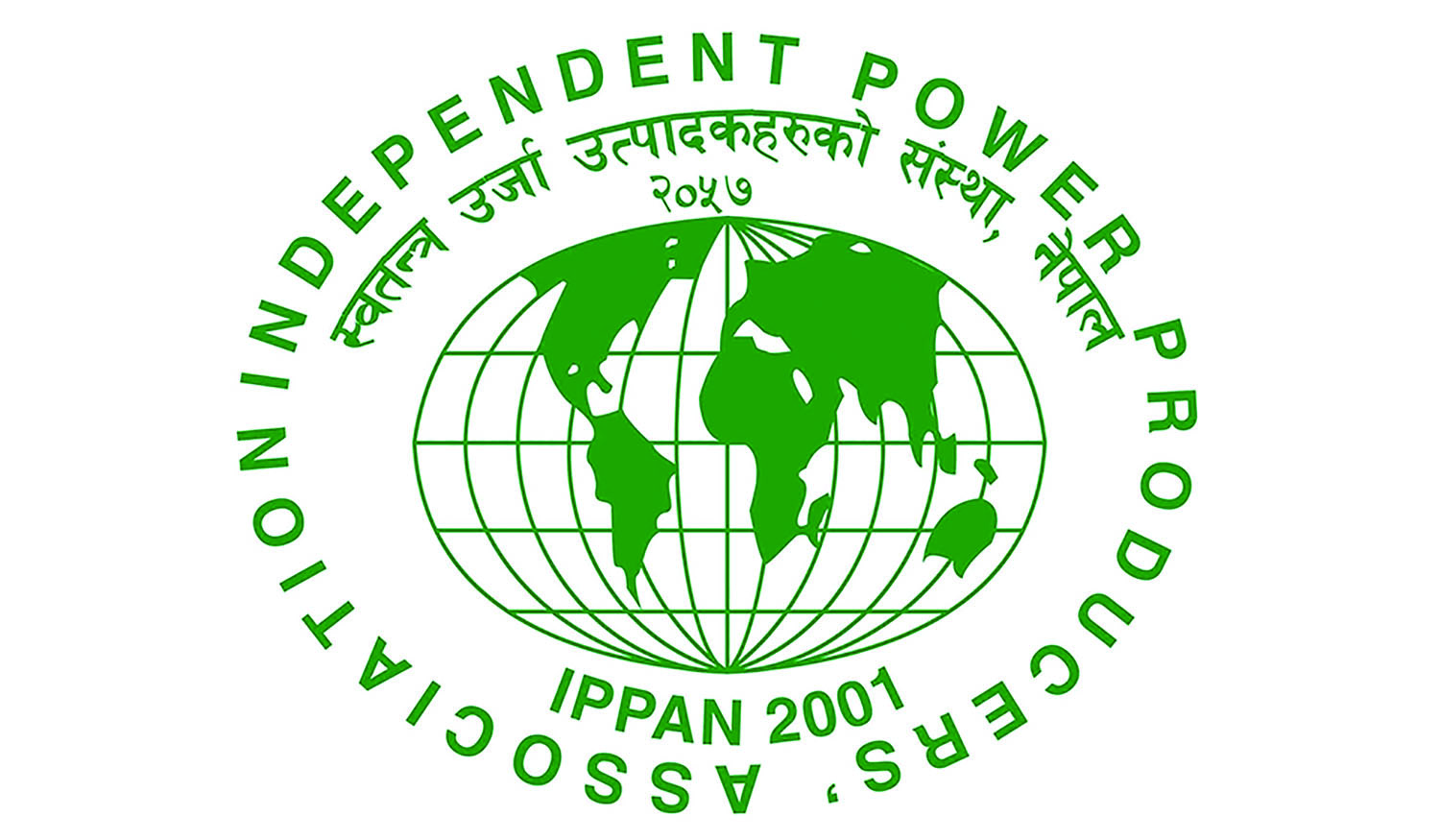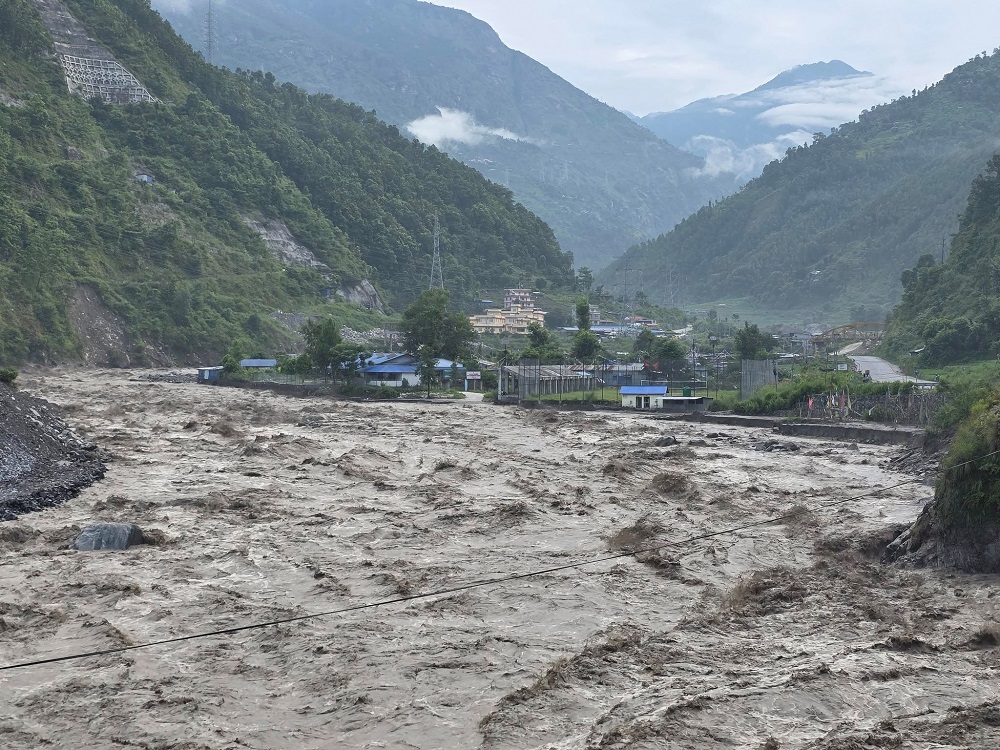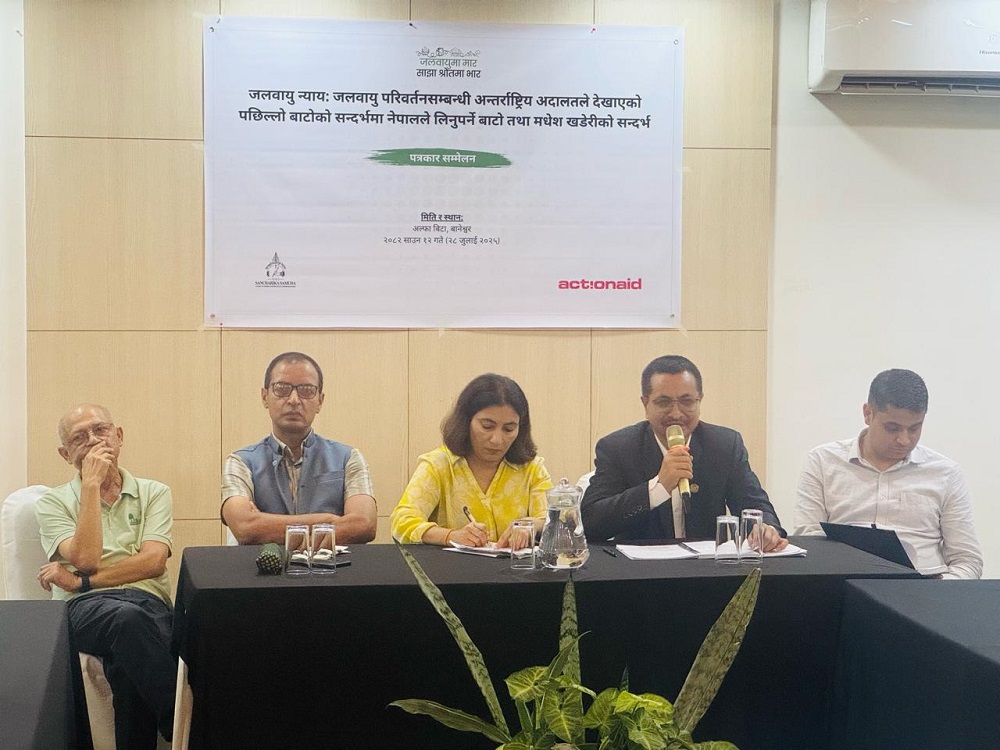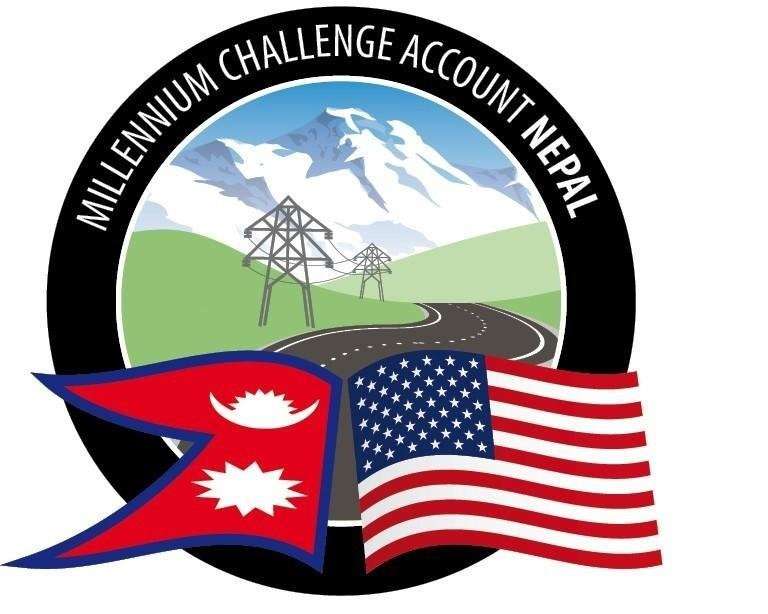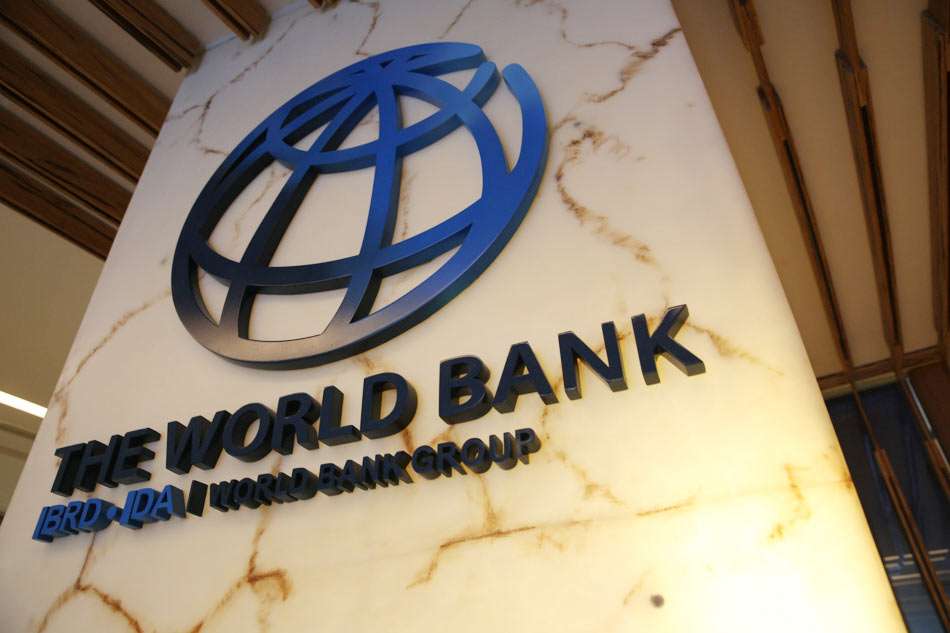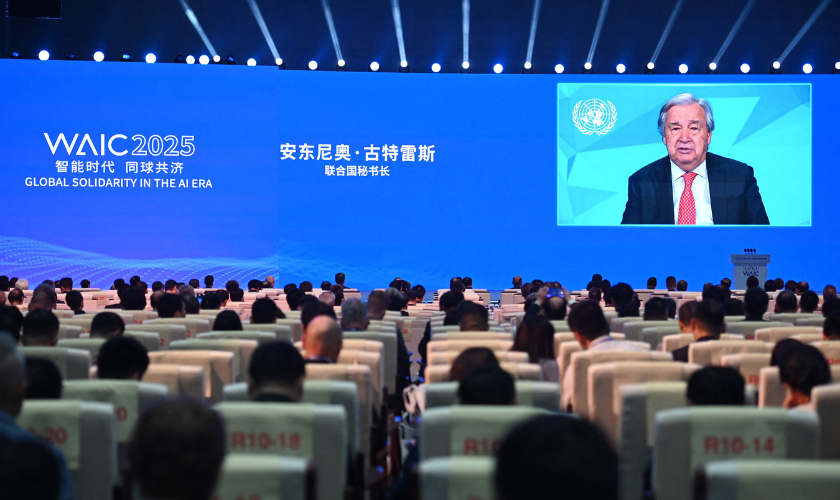The Government of Nepal’s decision to enforce the long-dormant Iodized Salt Production and Distribution Act of 1998 has stirred debate in Parliament, as concerns mount over whether the move signals an intent to open salt trading to private entities. The Cabinet, in a meeting held on April 15, approved the implementation of the Act nationwide starting July 17, with formal notification to be issued through the Nepal Gazette.
Salt Trading Corporation (STC), a state-backed enterprise, has maintained a monopoly over salt imports and distribution since 1963. Although the Act was enacted in 1998, it has never been enforced, and no regulations have been prepared. Despite its inactivity, the law does not explicitly restrict private sector participation, meaning the upcoming enforcement could pave the way for market entry by private firms.
This development has ignited debate over whether essential commodities tied to public health—such as iodized salt—should remain under state control. During a meeting of the Parliamentary Committee on Industry, Commerce, Labour, and Consumer Welfare on Thursday, many stakeholders argued that salt trade should remain under government’s control. Concerns were raised that allowing private firms to enter the market could lead to inconsistencies in quality and pricing, and could disrupt supply, particularly in remote regions.
Member of Parliament Rama Koirala Paudel questioned whether the recent government action indicated a shift in supply responsibility to private hands, urging greater parliamentary transparency on the matter. Consumer rights advocate Prem Lal Maharjan also voiced strong reservations, warning that privatization could favor a limited group of traders and compromise equitable access. He emphasized that STC has effectively managed salt supply over the decades, countering perceptions that it holds an unfair monopoly.
Secretary at the Ministry of Industry, Commerce, and Supplies Ram Prasad Ghimire clarified that there are currently no plans to hand over salt distribution to the private sector. He affirmed that STC continues to ensure consistent, high-quality supply of iodized salt throughout Nepal and warned that liberal policy could lead to price volatility, quality degradation, and supply chain inefficiencies.
Ghimire also noted that the Supreme Court has issued directives to maintain the current distribution framework, citing the risk of black market activity and shortages if private entities were given distribution responsibilities. He stated that while the government is respecting legislative mandates, enforcement of the Act has prompted the need for broader public dialogue.
STC Chief Executive Officer Urmila Shrestha defended the corporation’s performance, stating it has eliminated past issues of artificial shortages, price hikes, and substandard products. She highlighted the company's ability to deliver salt at fixed prices, even in remote districts, and added that STC also handles distribution of other essential goods such as fertilizer, rice, lentils, and cooking gas. She cited the company’s continued operations during the 2015 earthquake and the COVID-19 pandemic as evidence of its logistical strength.


